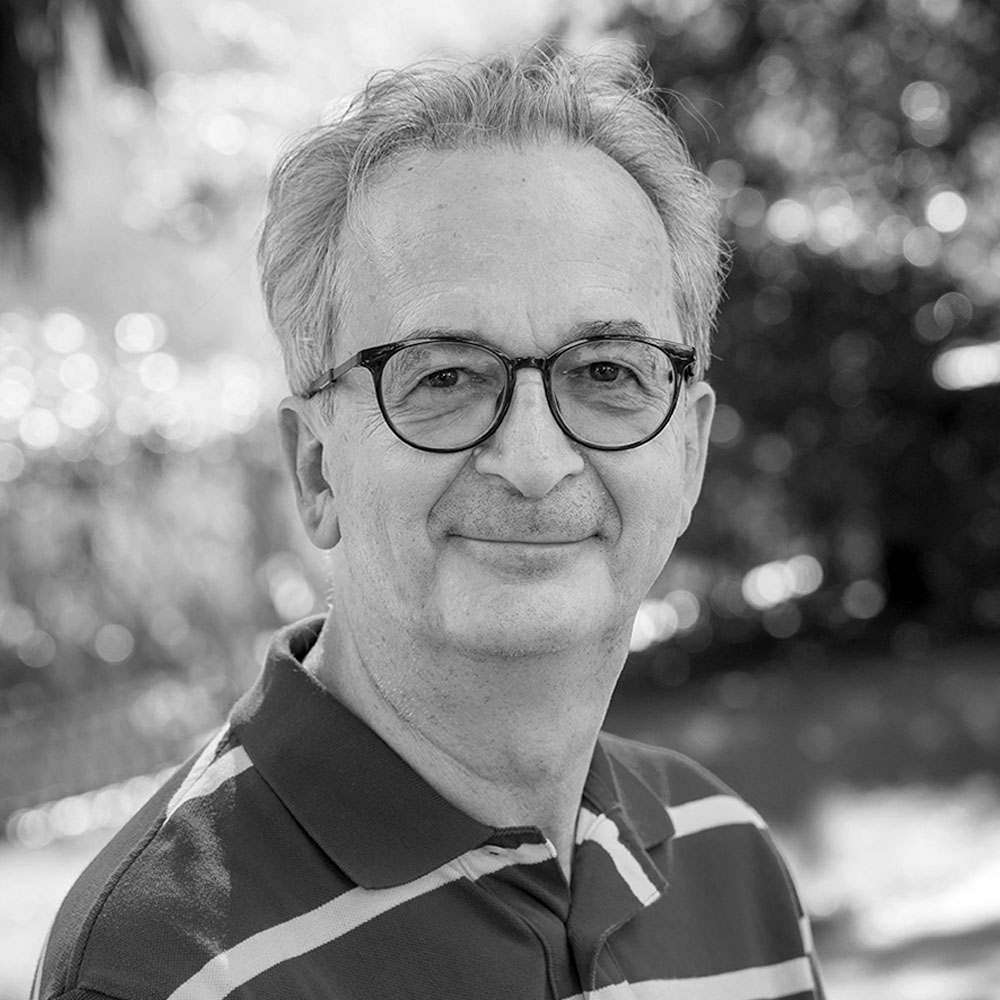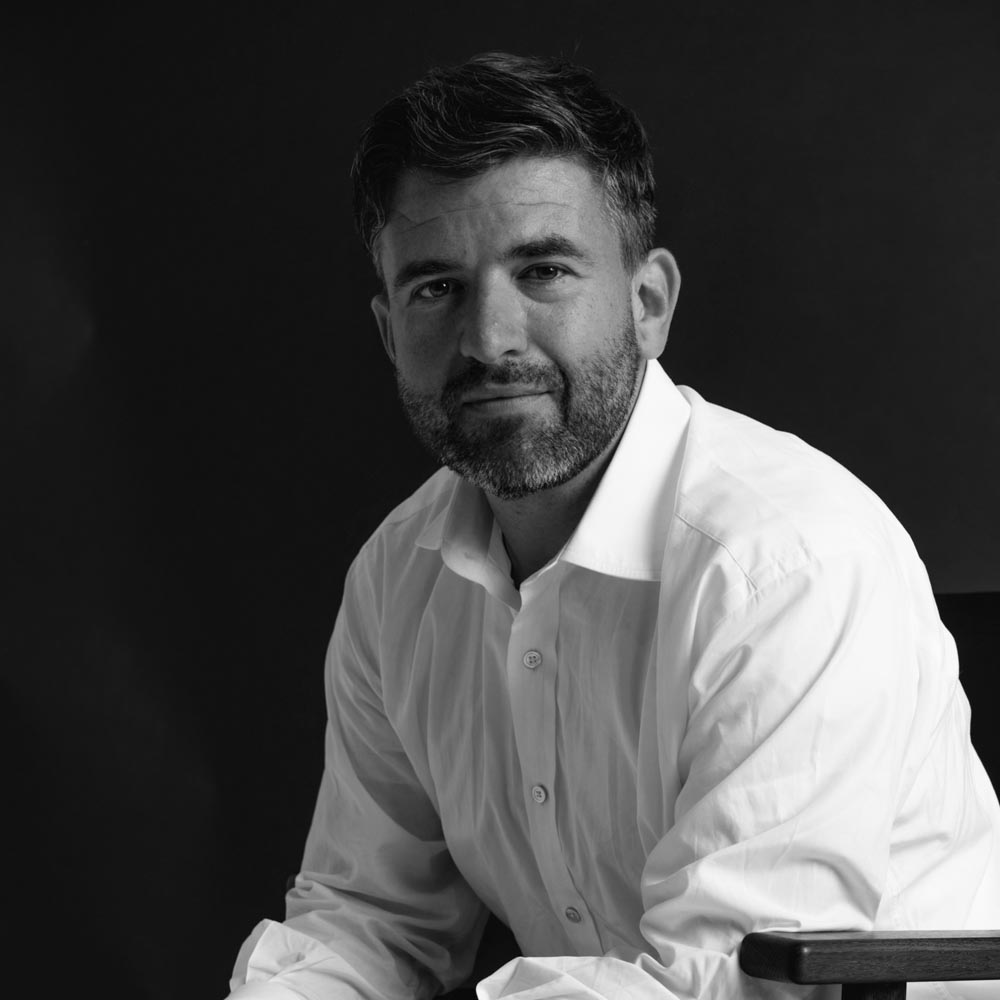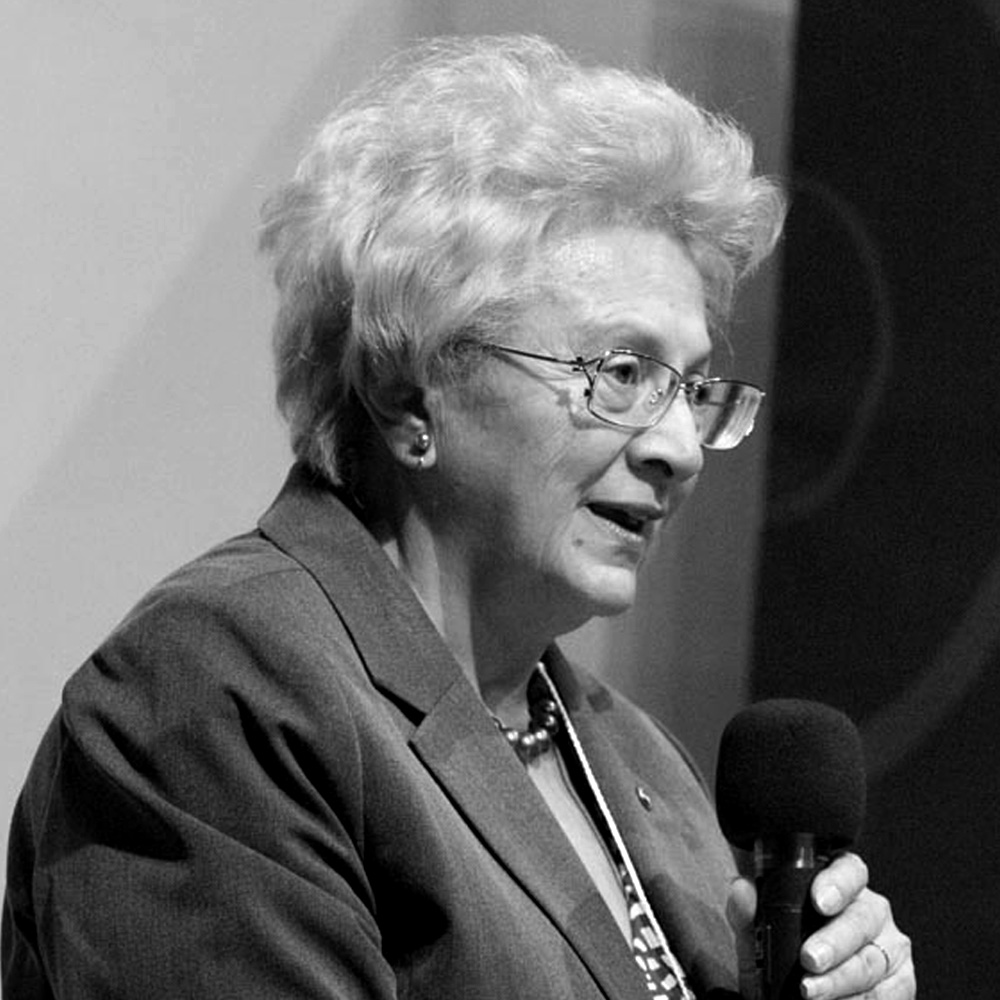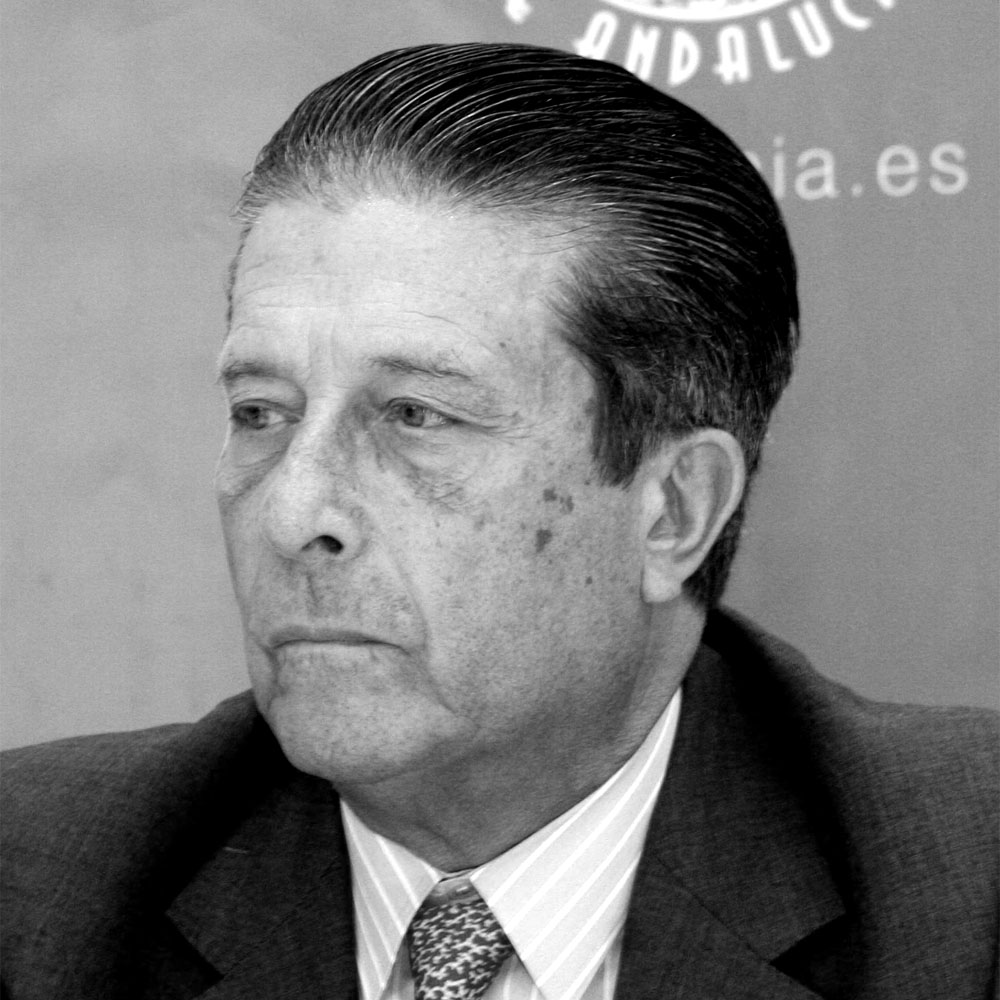Join us in Paris (and online) for PCAH2024!
June 13-17, 2024 | La Maison de la Chimie, Paris, France
 Bienvenue à Paris!
Bienvenue à Paris!
Paris has always been a city driven by strident ideas, where discussions and debates are lively, open and frequently heated, overspilling into protests, strikes and even revolution. As such, the French capital is among the world’s most important cultural and intellectual centers, and a city of great history and energy.
 “Liberty, equality and fraternity” was the 18th century revolutionary call to arms and battle cry that was soon adopted and institutionalised, as the driving motto behind a new country that would throw off the shackles of absolutist aristocratic rule and commit to a new future for the country, based on enlightenment ideals and new understandings. These would have enormous ramifications within France and beyond as the concepts of liberty, equality and fraternity have spread around the world as a slogan, philosophy, aesthetic and political goal. During this period of revolution violence and competing ideologies, radical ideas and ideals around meritocracy and democracy emerged and were implemented in ways that still influence today, from the study, practice and policies of education, and the heuristic that education is for all, to artistic, design, and cultural production.
“Liberty, equality and fraternity” was the 18th century revolutionary call to arms and battle cry that was soon adopted and institutionalised, as the driving motto behind a new country that would throw off the shackles of absolutist aristocratic rule and commit to a new future for the country, based on enlightenment ideals and new understandings. These would have enormous ramifications within France and beyond as the concepts of liberty, equality and fraternity have spread around the world as a slogan, philosophy, aesthetic and political goal. During this period of revolution violence and competing ideologies, radical ideas and ideals around meritocracy and democracy emerged and were implemented in ways that still influence today, from the study, practice and policies of education, and the heuristic that education is for all, to artistic, design, and cultural production.
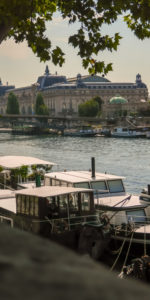 Over the course of its history, Paris has been the venue for real and intellectual battles over ideas, ideals and ideologies; between conservative and reformist, secular and religious, multicultural and national, East and West, and all shades of left and right. The French educational system and its fiercely independent, highly vocal, and hugely influential teachers and lecturers are always at the centre of national and indeed international politics and policy. Added to this vigorous public intellectual arena are politicians, writers, journalists, artists, and filmmakers, each bringing a wide variety of perspectives and experience.
Over the course of its history, Paris has been the venue for real and intellectual battles over ideas, ideals and ideologies; between conservative and reformist, secular and religious, multicultural and national, East and West, and all shades of left and right. The French educational system and its fiercely independent, highly vocal, and hugely influential teachers and lecturers are always at the centre of national and indeed international politics and policy. Added to this vigorous public intellectual arena are politicians, writers, journalists, artists, and filmmakers, each bringing a wide variety of perspectives and experience.
What resonates globally, and in this time of globalisation is the openness and rigour of the debates in Paris, and which underlines the continued relevance of this open intellectual space, when in many other places around the world ideas are stifled or banned, any form of opposition is dangerous, and open discussion can be seditious. Paris, city of light, therefore has an enormous and special intellectual place in the heart of all educators and free thinkers regardless of nationality, and especially in today’s uncertain global social-political context.
New Revolutions
As the world recovers from the huge disruptions wrought by the COVID-19 pandemic, we have been forced to undergo a period of revolution in the ways in which we engage as professors and students, and teachers and learners. The pandemic has shown that the notions of freedom, equality and fraternity have been brutally called into question by curfews, school or university closures, travel restrictions, and lockdowns. This highlighted and exacerbated the digital divide, where rich countries were able to innovate solutions thanks to solid and reliable technological infrastructure, enabling communication both within and between countries, but also raising worrying questions about the power and reach of government and private enterprise reliance and surveillance. The deep and lasting impact on our expectations and our practices in terms of communication and education is only beginning to be understood, as are the benefits, limitations, and dangers of technology.
We look forward to seeing you again, and to your active participation in the event.
PCAH2024 will be held alongside The Paris Conference on Education (PCE2024). Registration for either conference will allow delegates to attend sessions in the other.
– The PCAH/PCE2024 Programme Committee
Dr Grant Black, Chuo University, Japan
Professor Georges Depeyrot, French National Center for Scientific Research (CNRS), France
Dr Joseph Haldane, IAFOR, Japan
Professor Donald Hall, Rochester University, United States
Professor Barbara Lockee, Virginia Tech, United States
Professor Ljiljana Markovic, University of Belgrade, Serbia
Professor Haruko Satoh, Osaka University, Japan
Dr Krisna Uk, Association for Asian Studies (AAS)
- Venue & Location: La Maison de la Chimie, Paris, France
- Dates: Thursday, June 13, 2024 to Monday, June 17, 2024
- Early Bird Abstract Submission Deadline: January 12, 2024*
- Final Abstract Submission Deadline: March 15, 2024
- Registration Deadline for Presenters: April 26, 2024
*Submit early to take advantage of the discounted registration rates. Learn more about our registration options.
Speakers
To be Announced
-
 Patrick ClastresLausanne University (UNIL), Switzerland
Patrick ClastresLausanne University (UNIL), Switzerland -
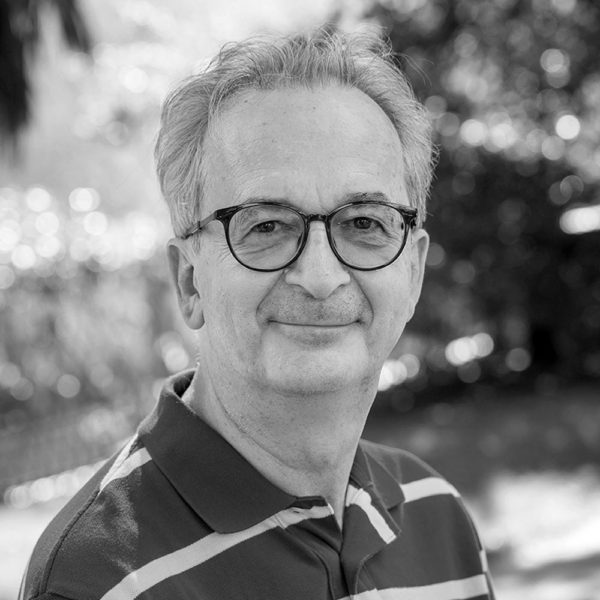 Georges DepeyrotFrench National Center for Scientific Research (CNRS), France
Georges DepeyrotFrench National Center for Scientific Research (CNRS), France -
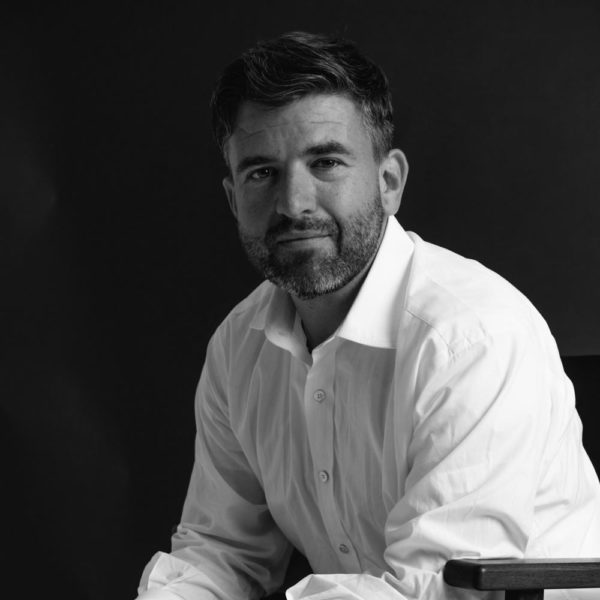 Joseph HaldaneThe International Academic Forum (IAFOR), Japan
Joseph HaldaneThe International Academic Forum (IAFOR), Japan -
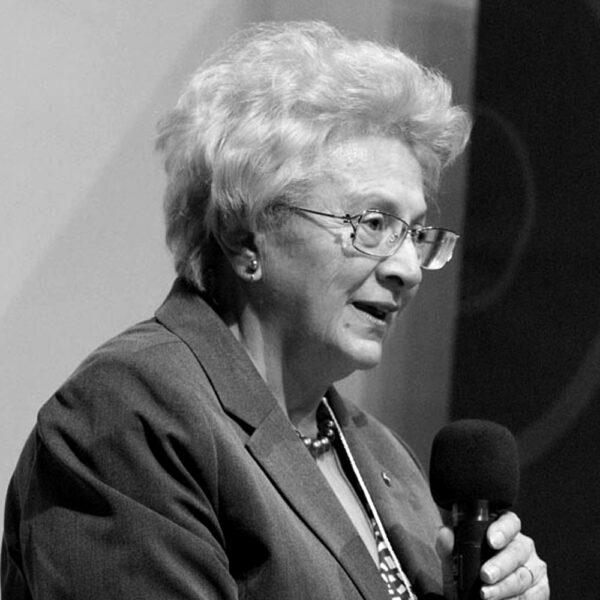 Ljiljana MarkovicEuropean Center for Peace and Development (ECPD), United Nations University for Peace
Ljiljana MarkovicEuropean Center for Peace and Development (ECPD), United Nations University for Peace -
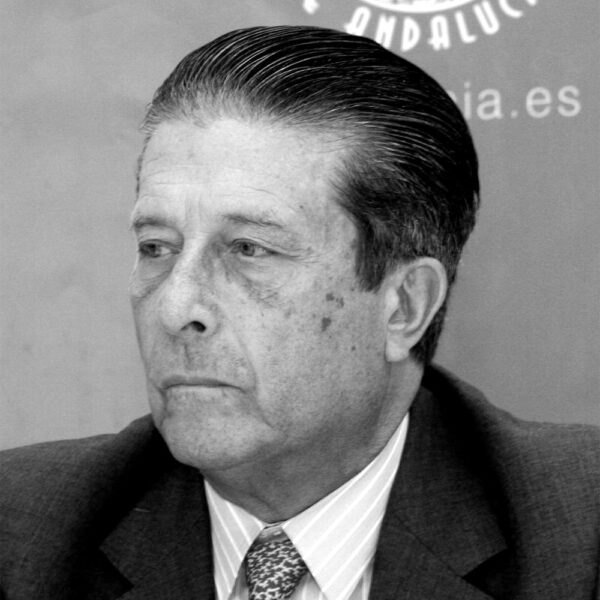 Federico Mayor ZaragozaEuropean Center for Peace and Development (ECPD), United Nations University for Peace
Federico Mayor ZaragozaEuropean Center for Peace and Development (ECPD), United Nations University for Peace
Programme
To be Announced
Conference Committees
Global Programme Committee
Dr Joseph Haldane, Chairman and CEO, IAFOR
His Excellency Professor Toshiya Hoshino, Osaka University, Japan
Professor Barbara Lockee, Virginia Tech., United States
Professor Donald E. Hall, Binghamton University, United States
Dr James W. McNally, University of Michigan, United States & NACDA Program on Aging
Professor Haruko Satoh, Osaka University, Japan
Dr Grant Black, Chuo University, Japan
Professor Dexter Da Silva, Keisen University, Japan
Professor Gary Swanson, University of Northern Colorado, United States
Professor Baden Offord, Curtin University, Australia
Professor Frank Ravitch, Michigan State University, United States
Professor William Baber, Kyoto University, Japan
Conference Programme Committee
Dr Grant Black, Chuo University, Japan
Professor Georges Depeyrot, French National Center for Scientific Research (CNRS), France
Dr Joseph Haldane, IAFOR, Japan
Professor Donald Hall, Rochester University, United States
Professor Barbara Lockee, Virginia Tech, United States
Professor Ljiljana Markovic, University of Belgrade, Serbia
Professor Haruko Satoh, Osaka University, Japan
Dr Krisna Uk, Association for Asian Studies (AAS)
Conference Review Committee
<!--- Dr Grant Black, Chuo University, Japan
Professor Georges Depeyrot, French National Center for Scientific Research (CNRS), France
Professor Donald Hall, Rochester University, United States
Professor Barbara Lockee, Virginia Tech, United States
Professor Ljiljana Markovic, University of Belgrade, Serbia
Professor Haruko Satoh, Osaka University, Japan
Dr Krisna Uk, Association for Asian Studies (AAS) --->
IAFOR's peer review process, which involves both reciprocal review and the use of Review Committees, is overseen by the Conference Programme Committee under the guidance of the International Academic Board (IAB). Review Committee members are established academics who hold PhDs or other terminal degrees in their fields and who have previous peer review experience.
If you would like to apply to serve on the PCAH2024 Review Committee, please visit our application page.
IAFOR Research Centre (IRC) – “Innovation and Value Initiative”
The IAFOR Research Centre (IRC) is housed within Osaka University’s School of International Public Policy (OSIPP), and in June 2018 the IRC began an ambitious new “Innovation and Value Initiative”. Officially launched at the United Nations in a special UN-IAFOR Collaborative Session, the initiative seeks to bring together the best in interdisciplinary research around the concept of value, on how value can be recognised, and measured, and how this can help us address issues and solve problems, from the local to the global.



